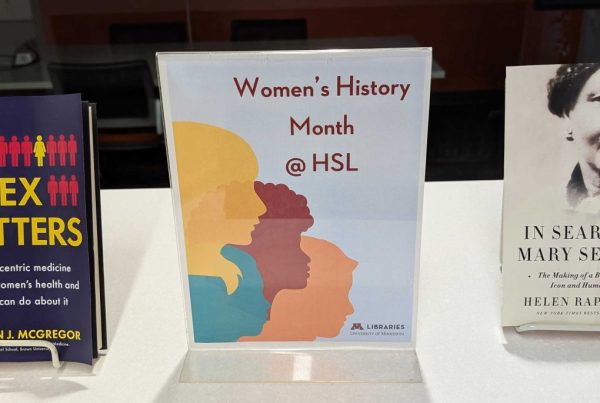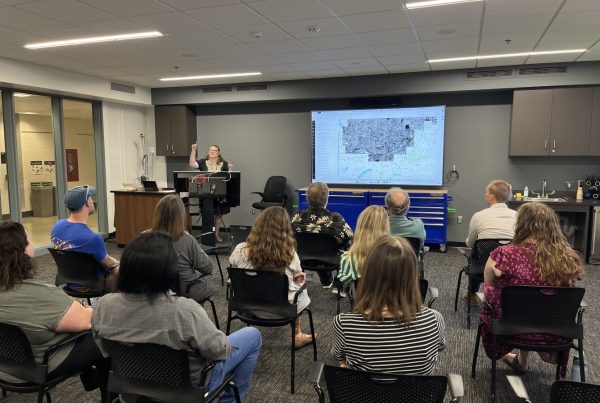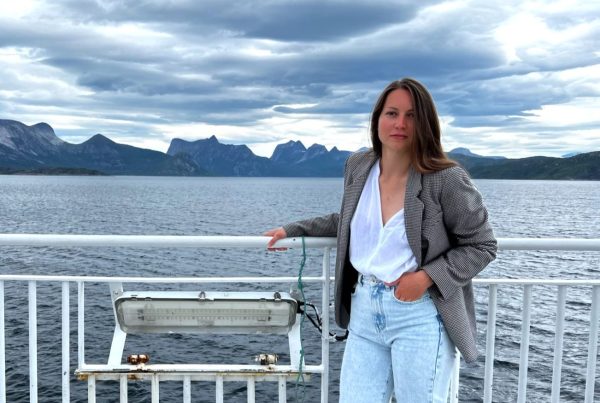Additional 426,000 items provided by seven Minnesota institutions
The Digital Public Library of America (DPLA), the nation’s premier online digital library, has collaborated with the Minnesota Digital Library (MDL) at the University of Minnesota to complete a tenfold increase in the number of digital items from Minnesota available on its website.
This collaboration presents Minnesota culture and history to the world through high-quality scans of photographs, original manuscripts, videos, artwork, maps, and more. The 426,000 new items come from the collections of seven prominent Minnesota institutions:
- Minnesota Historical Society
- Minnesota Public Radio
- Minneapolis Institute of Arts
- College of St. Benedict and St. John’s University
- Carleton College
- Northfield History Collaborative
- University of Minnesota Libraries
Contact information
Zachariah Miller
Communications
Minitex
U of M Libraries
zmiller@umn.edu
612-624-1081
“We are incredibly excited to be part of this groundbreaking effort to bring together collections from across the country into a single, searchable portal,” said Jennifer Jones, the Minnesota Historical Society’s Library and Collections Director. “This is a wonderful opportunity to make the cultural heritage of Minnesota available to a wider audience.”
When a visitor searches DPLA’s website for this content, the site delivers results using data aggregated by MDL and directs the visitor to the host institution’s website to view the actual digital item.
John Butler, the University of Minnesota Libraries’ head of Data and Technology, added: “The Minnesota Digital Library’s rich collaboration with the DPLA has now enabled the cultural treasures from the smallest and the largest of Minnesota organizations to have a digital presence on the national and international stage. It is a wonderful opportunity to connect Minnesota to the global community.”
This work is made possible through the generous funding of the Digital Public Library of America Digital Hubs Pilot, which is supported by the Digital Public Library of America with funding provided by the National Endowment for the Humanities and the John S. and James L. Knight Foundation.
About the Minnesota Digital Library
The Minnesota Digital Library is a collaborative and cost-effective online digital library. MDL serves Minnesota by providing a freely accessible online collection of primary resources on Minnesota culture and history and by providing digitization expertise and services to 167 organizations throughout the state. In addition to free public access, MDL uses its collections to support education and outreach. MDL adheres to professional standards and best practices in digitization, data management, information retrieval, preservation, and software application support.
The Minnesota Digital Library is funded by the Minnesota Arts and Cultural Heritage Fund of the Clean Water, Land and Legacy Amendment to the Minnesota Constitution via the Minnesota Historical Society (MNHS). MDL’s collaborative partners, including the University of Minnesota, also contribute substantial in-kind services. Additional funding is provided by Minitex, a joint program of the University of Minnesota Libraries and the Minnesota Office of Higher Education.
About the Digital Public Library of America
The Digital Public Library of America brings together the riches of America’s libraries, archives, and museums, and makes them freely available to the world. It strives to contain the full breadth of human expression, from the written word, to works of art and culture, to records of America’s heritage, to the efforts and data of science. DPLA aims to expand this crucial realm of openly available materials, and make those riches more easily discovered and more widely usable and used.




